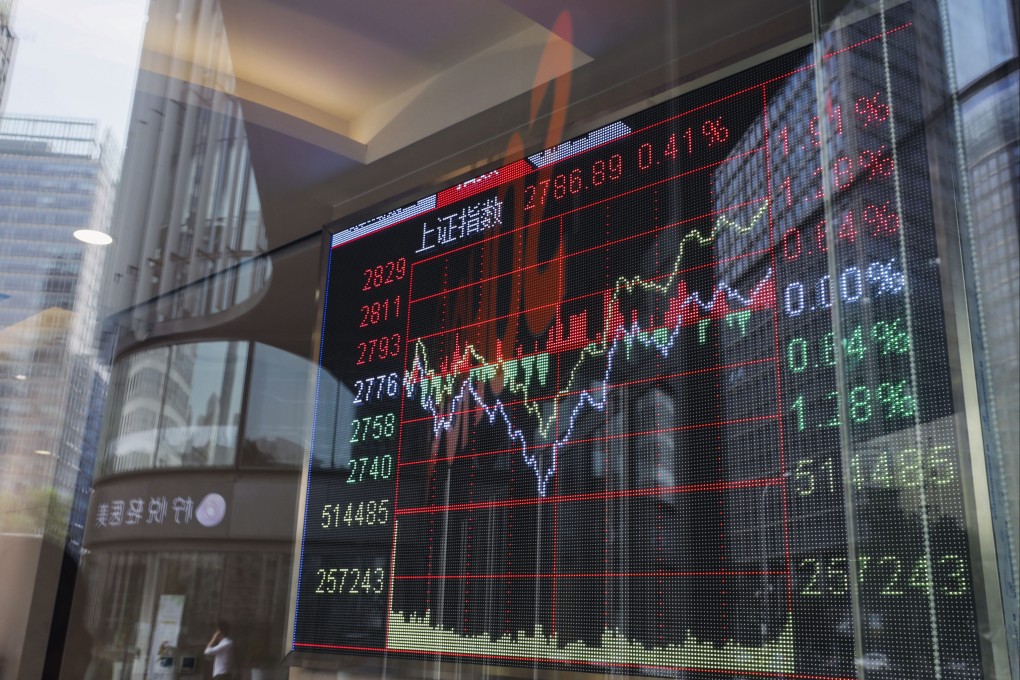China’s retail traders covet ‘demon stocks’ for wild gains, ready to crash and burn, as blue chips struggle to repeat feat
- China’s retail investor base consists of 206 million accounts with a collective investment power of about 24 trillion yuan (US$3.55 trillion)
- At least 18 stocks have surged by more than 50 per cent this year in onshore markets, while four have more than doubled

Andon Health surged 1,438 per cent between October 2021 and April this year after announcing a deal to supply Covid-19 test kits to the US army. Zhongtong Bus soared 626 per cent between April and July this year after selling 20 vehicles fitted for mobile Covid-19 tests. Huitong rallied 761 per cent between December last year and February, including 16 straight days of upper-limit, for no apparent reason.
They fit the bill as demon stocks, which can defy fundamentals or prevailing market conditions, and hard to spot or catch. These stocks can equally crash and burn quickly, producing supercharged volatility that authorities frown upon.

“People are willing to pay more for [demon] stocks, which is similar to buying an overpriced lottery ticket, even though these stocks might have not-so-good fundamental performances,” said Zhang Xiaoyan, associate dean of PBC School of Finance at Tsinghua University in Beijing. While retail traders play a significant role in market developments, “the caveat is that they have limited financial literacy, which is why the regulators now want to aim at investor protection through education,” she added.